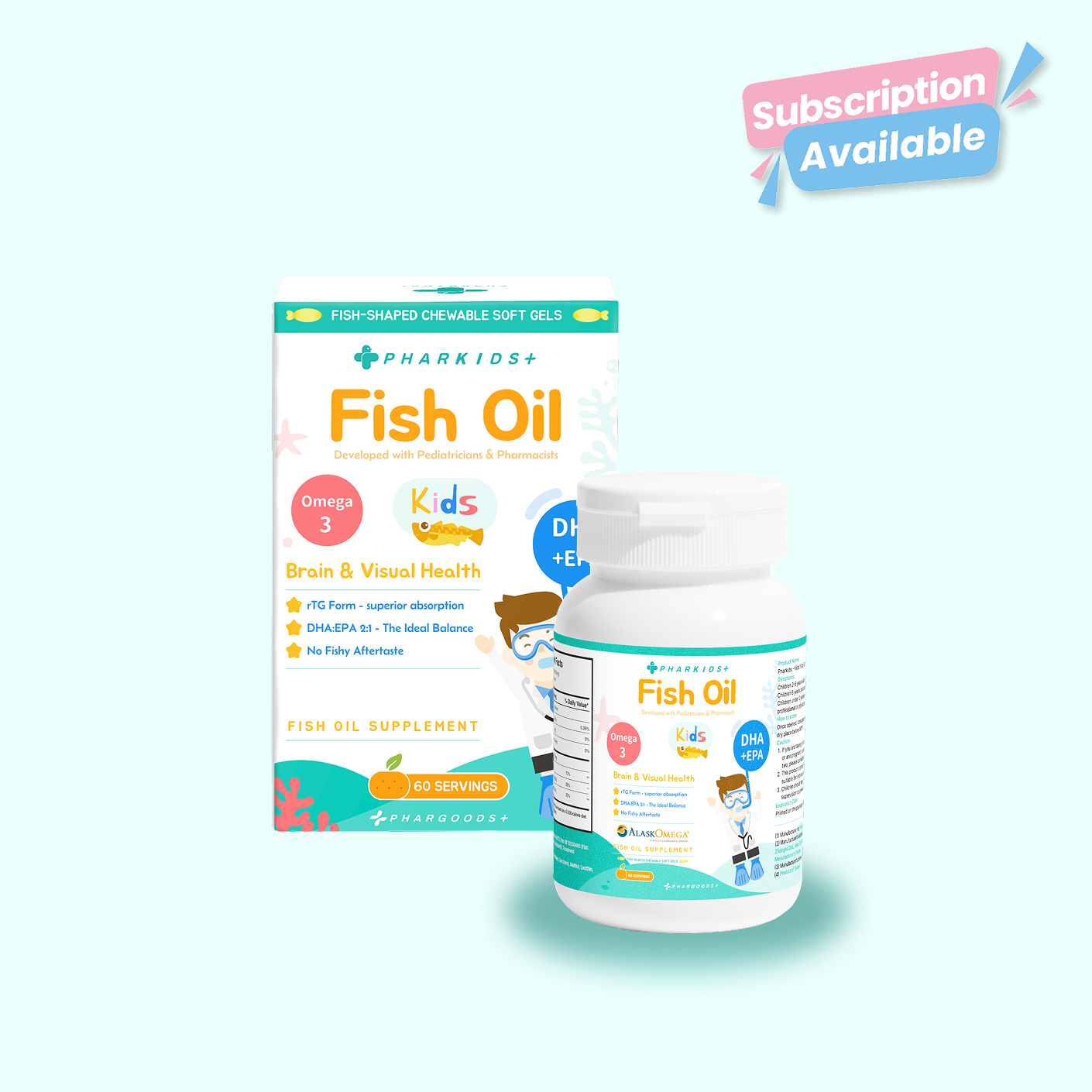Can Newborns Take Vitamin D? Insights on Dosage and Precautions from a Pediatric Expert
For many parents, providing the best care and nutrition for their baby is a top priority. Among the nutrients, Vitamin D is often discussed for its critical role in bone health and immune development. However, questions such as the appropriate age for Vitamin D intake, whether newborns can consume it, and if so, how much and what precautions to take, are common. Let our pediatrician answers these questions for you!

What is Vitamin D and What Are Its Benefits?
Vitamin D is a fat-soluble vitamin that plays multiple key roles in the body:
- Enhances calcium absorption and utilization
- Contributes to bone and teeth growth
- Boosts the immune system
- Supports normal nerve and muscle function
Given its importance, especially during periods of rapid growth in infants and teenagers, ensuring babies receive adequate Vitamin D is crucial for their development.
Can Newborns Supplement with Vitamin D?
“Can my newborn safely take Vitamin D supplements?”

Yes, they can! While sunlight helps produce Vitamin D, newborns are more sensitive to UV rays due to their underdeveloped skin. Direct sun exposure can be harmful, making supplementation a safer and more effective way to ensure they get enough Vitamin D. For breastfed babies, Vitamin D drops are commonly recommended, offering an easy and controlled method of supplementation.
Recommended Dosage for Newborns
“How much Vitamin D does my newborn really need?”

According to the Ministry of Health and Welfare, infants under one year should receive 400 IU of Vitamin D daily, with an upper limit of 1000 IU. However, the specific dosage may vary depending on the baby’s age and health. It’s important to consult your pediatrician for tailored advice based on your baby's growth and needs.
Precautions When Supplementing Vitamin D for Newborns
“What should I keep in mind when giving Vitamin D to my baby?”
- Use the Correct Dosage: Vitamin D drops are concentrated, so it’s crucial to administer the right amount. Avoid adjusting the dosage on your own and always use a dropper as instructed to prevent overdose.
- Storage Matters: Store Vitamin D drops in a cool, dry place away from sunlight. Ensure the bottle is tightly sealed to preserve its potency.
- Application Tips: Vitamin D drops can be added to milk or mixed with complementary foods. Ensure that the dropper and utensils are clean to minimize the risk of infection for your newborn.
- Regular Pediatric Check-ups: Keep up with routine pediatric visits to discuss your baby's Vitamin D intake. Your doctor may adjust the dosage based on your baby’s growth and overall development.

Ensuring your newborn gets the right amount of Vitamin D is a crucial step in supporting their bone health and immune system during their earliest stages of growth. With the right dosage and expert guidance, Vitamin D supplementation can be a safe and effective way to fill any nutritional gaps.
Phargoods Vitamin D3 Drops are specifically designed to meet the needs of infants and toddlers, delivering the recommended 400 IU per drop in a pure, easy-to-administer formula. With no artificial additives and third-party tested for safety, our drops provide peace of mind, allowing you to confidently support your baby's health from day one. Trust Phargoods to give your little one the essential nutrients they need for a strong and healthy start.




